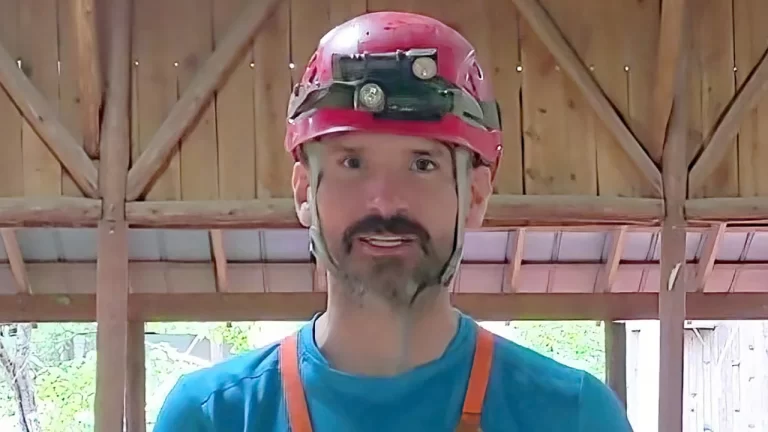Rescuers are rushing to save an American man trapped in the third-deepest cave in Turkey after he became ill, the Turkish Caving Federation said.
Some 150 rescuers are involved in a “complex” operation to save Mark Dickey, who was part of a research team in Morca Valley, the Turkish Caving Federation said. The rescue operation was first announced on Monday.
“In the Morca Sinkhole, the 3rd deepest cave in Turkey with a depth of 1,276 meters (4,186 feet), during an exploration mission involving local and international teams, American caver Mark Dickey fell ill at a depth of 1,120 meters (3,675 feet) and was placed under observation at the cave base camp located at 1,040 meters (3,412 feet),” the Turkish Caving Federation said on X, the platform formerly known as Twitter.
The federation said six units of blood had been delivered to Dickey, who is thought to be suffering gastrointestinal bleeding. It described his condition as stable and said he was able to walk on his own. In a video shared by Turkey’s directorate of communications Wednesday, Dickey said he was “doing well.”
“I was very close to the edge,” he added, crediting the quick response by the Turkish government with saving his life.
“As you can see I’m up, I’m alert, I’m talking. But I’m not healed on the inside yet so I’m going to need a lot of help to get out of here,” Dickey said. Despite remaining nearly 1,000 meters (3,000 feet) below ground, Dickey said the situation was “a great opportunity” to showcase the strength of the caving community.
“I’m hoping to see many people from many countries all coming together,” Dickey said. “We take care of our own.”
Bulent Genc, head of the federation, told CNN Thursday that the rescue could take days due to the fact that the cave is deep and narrow. Short movements will be required to carry Dickey out on a stretcher, Genc added.
Caving rescue workers from several countries have arrived in Turkey to assist in the operation, including Hungarian, Italian, Croatian and American rescuers, according to Genc.
“The cave features narrow winding passages and several rappels,” the Turkish Caving Federation said, adding that it takes 15 hours for an experienced caver to reach the surface in ideal conditions.
Gretchen Baker, from National Cave Rescue Commission (NCRC), who has known and worked with Dickey for several years and has been in communication with the rescue team, expressed cautious optimism about Dickey’s safe passage out of the cave.
In an interview with CNN’s Isa Soares on Thursday, Baker said “the team on the ground is very happy that Mark’s condition seems to be improving, so that it looks like that he will not have to be in a [rescue] litter the entire way out.”
“The more he can help, the faster the rescue can go,” she said. Despite Dickey’s improving medical situation, Baker said even with him helping, the rescue operation still has some way to go.
“We’re anticipating that it will take days to get him out of the cave,” she said. A rescue mission at this depth is “very rare, extremely difficult” and needs “many very experienced cave rescuers,” according to the European Cave Rescue Association (ECRA), which is involved in the operation.
The association received a call on Saturday to report that Dickey was suffering from severe gastric pain. On Sunday, a team from the Hungarian Cave Rescue Service, including a doctor, descended into the cave and set up a tent providing intensive medical care, the ECRA said.
On Monday, 17 people including a doctor and a paramedic from the Bulgarian rescue team reached the base site of the cave. On Wednesday, Italian, Croatian and Polish teams were on their way to the base camp.
— CutC by cnn.com


